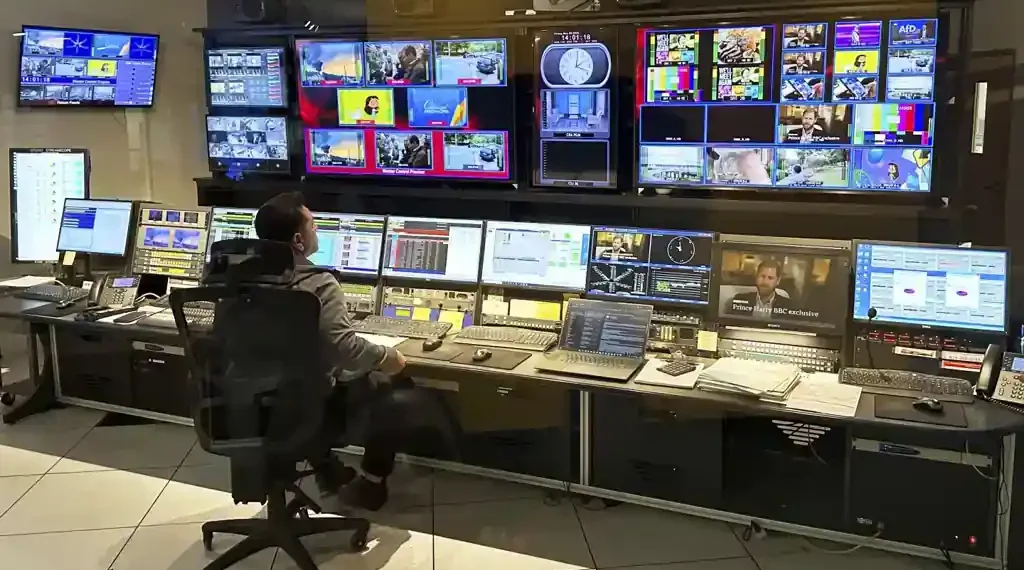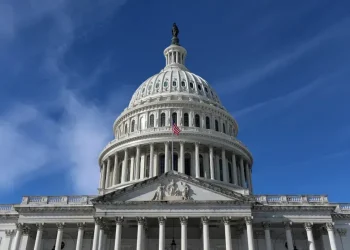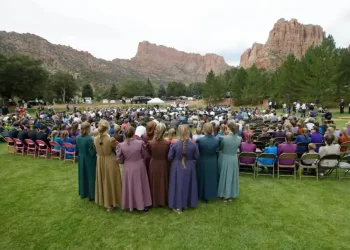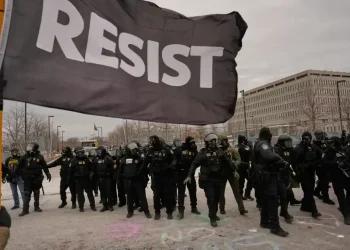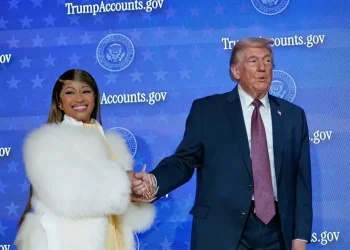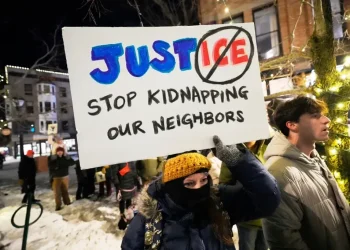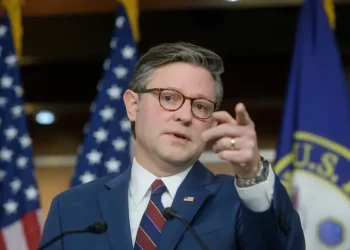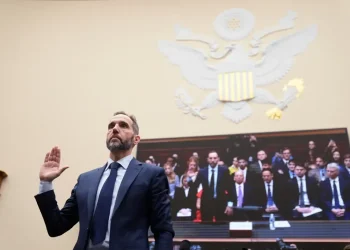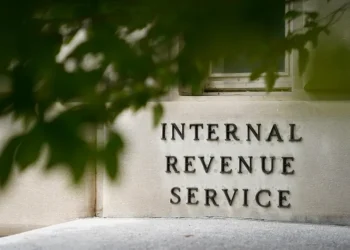Corporation for Public Broadcasting to Shut Down Following Congressional Defunding
August 2, 2025, 17:00 (U.S. Pacific Time)
Introduction:
The Corporation for Public Broadcasting (CPB), a foundational institution in U.S. public media, has announced plans for an orderly shutdown following the loss of federal funding. After nearly six decades of supporting public radio and television across the United States, CPB’s closure marks a significant shift in the nation’s cultural and media infrastructure.
Historic Defunding Ends CPB’s 58-Year Legacy
On Friday, the Corporation for Public Broadcasting confirmed that it will begin winding down operations after Congress passed a legislative package eliminating its budget for the next two fiscal years—totaling approximately $1.1 billion. The decision follows the Senate Appropriations Committee’s move to exclude CPB from its funding allocations for the first time since the organization’s inception in 1967.
Signed into law by President Lyndon B. Johnson, CPB has served as a key distributor of federal funds for public radio and television, supporting over 1,500 local stations and funding iconic programming such as Sesame Street, Mister Rogers’ Neighborhood, NPR’s All Things Considered, and the documentaries of Ken Burns.
According to CPB President and CEO Patricia Harrison, the shutdown will occur in phases, beginning with the termination of most staff positions by September 30, 2025. A smaller transition team will remain in place through January 2026 to finalize operations and manage licensing obligations essential to the public media system.
“Despite the extraordinary efforts of millions of Americans who called, wrote, and petitioned Congress to preserve federal funding for CPB, we now face the difficult reality of closing our operations,” said Harrison.
Attempts to Restore Funding Fall Short
During a recent Senate Appropriations Committee session, Democratic lawmakers made a final attempt to restore CPB’s funding. Senator Tammy Baldwin (D-WI) introduced an amendment to re-appropriate federal support but ultimately withdrew it after facing opposition.
“It’s hard to believe we’ve ended up in the situation we’re in,” Baldwin said. “And I’m going to continue to work with my colleagues to fix it.”
Senator Shelley Moore Capito (R-WV) opposed the amendment, stating that the issue had already been addressed in previous votes.
“Adopting this amendment would have been contrary to what we have already voted on,” Capito said.
With no legislative pathway left, CPB officials informed employees of the closure timeline. Operations will significantly scale back starting October 1, with continued efforts focused on ensuring legal and contractual continuity, including music licensing and royalty payments for public radio stations.
Impact on Local Stations and Public Programming
The shutdown is expected to affect hundreds of NPR and PBS affiliates, particularly those serving rural and underfunded areas. Historically, CPB has distributed roughly 70% of its annual funding directly to 330 PBS and 246 NPR member stations, many of which rely on these grants to cover operational costs, including staffing, equipment, and broadcast licensing.
NPR President and CEO Katherine Maher recently emphasized the significance of federal support, noting that public radio accounts for an estimated 96% of all classical music broadcasting in the United States. The loss of centralized funding could force many stations to renegotiate licensing agreements independently or reduce their programming.
Public broadcasting advocates also warn that educational shows and emergency broadcast services may be disrupted, especially in communities where commercial media options are limited.
A Broader Political and Cultural Shift
While the closure is largely administrative, it also reflects a growing ideological divide over the role of public media in American society. Former President Donald Trump, a vocal critic of CPB, has frequently argued that publicly funded broadcasters promote political and cultural perspectives he deems inconsistent with “American values.”
Labeling CPB a “monstrosity,” Trump has advocated for its defunding as part of a broader campaign against publicly funded cultural institutions. In April 2025, he removed three CPB board members, an action challenged by legal experts as a potential breach of the organization’s charter, which was designed to ensure editorial independence from government interference.
CPB’s closure coincides with the broader reconfiguration of U.S. government-backed media outlets. Trump previously moved to restructure or shut down other independent media agencies, including the Voice of America.
A Loss for Public Service Journalism
Media experts and cultural commentators have described CPB’s closure as a setback for public service journalism and educational broadcasting. For decades, CPB-supported stations have offered vital services—ranging from early childhood education to community-based reporting and emergency alert systems.
“Public media has been one of the most trusted institutions in American life, providing educational opportunity, emergency alerts, civil discourse, and cultural connection to every corner of the country,” said Harrison in her closing statement.
With the disappearance of CPB, many fear that public broadcasters will become increasingly reliant on private donations, corporate sponsorships, or state-level support, potentially compromising the editorial independence and universal access that defined the CPB system.
Looking Ahead: What Comes Next
Although the federal structure supporting public media is changing, several organizations and lawmakers are seeking alternatives to keep local stations afloat. Some nonprofit foundations and state governments are exploring emergency funding options, while public broadcasting executives are forming coalitions to negotiate collective licensing and content distribution agreements.
Still, without federal coordination, challenges remain. Smaller stations may struggle to compete for grants or access content formerly provided through CPB pipelines.
For the broader public, CPB’s shutdown could mean reduced programming diversity, limited educational outreach, and less access to cultural content—particularly in underserved regions.
This article was rewritten by JournosNews.com based on verified reporting from trusted sources. The content has been independently reviewed, fact-checked, and edited for accuracy, neutrality, tone, and global readability in accordance with Google News and AdSense standards.
All opinions, quotes, or statements from contributors, experts, or sourced organizations do not necessarily reflect the views of JournosNews.com. JournosNews.com maintains full editorial independence from any external funders, sponsors, or organizations.
Stay informed with JournosNews.com — your trusted source for verified global reporting and in-depth analysis. Follow us on Google News, BlueSky, and X for real-time updates.
